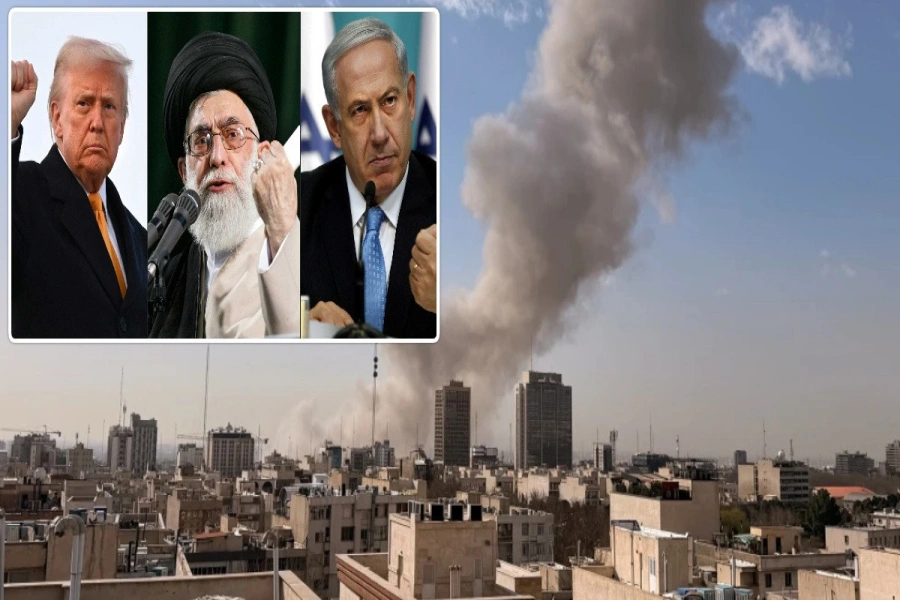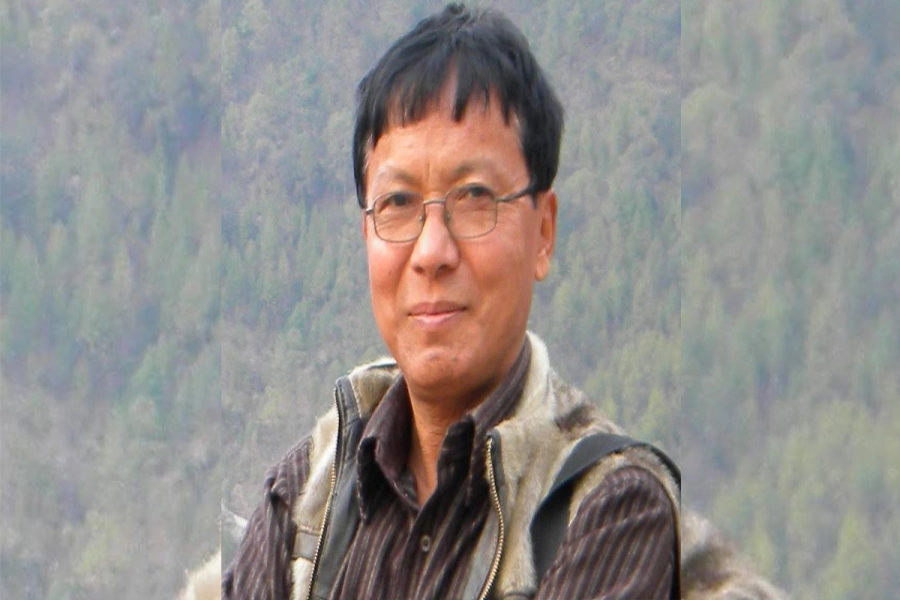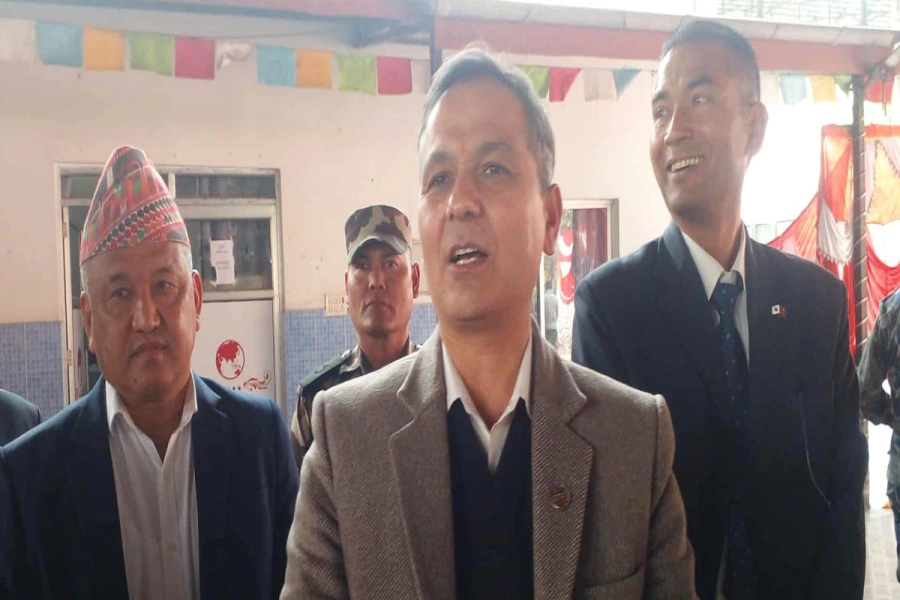In a shocking and tragic turn of events, a protest over the Employment Permit System (EPS) examination in Lalitpur escalated into chaos, resulting in the death of two youths and the burning of Minister Prakash Jwala's vehicle on Friday. This incident demands an urgent and thorough investigation to determine the causes, hold the responsible parties accountable, and prevent such tragedies in the future. The heart-wrenching loss of two lives during clashes with the police is an alarming consequence of the government's failure to address the grievances of desperate youths seeking job opportunities abroad. The decision by the EPS Korea branch chief to deny applicants the chance to submit their applications, despite an interim order from the High Court, raises serious questions about the appropriateness of such actions. It is essential to acknowledge the frustration and despair faced by the youth, who, unable to find jobs at home, seek opportunities abroad. However, responding to their grievances with bullets and excessive force only serves to intensify their anger and frustration, further exacerbating an already volatile situation.
The government's immediate response, including the arrest of 54 individuals and the formation of a probe committee, is a step in the right direction. Additionally, the government has decided to suspend EPS Section chief, Lalitpur Police Chief, and Lalitpur CDO and announced to provide Rs 1 million each to the family of the deceased persons and bear the treatment cost of all those injured in the clashes. The probe committee formed by the Home Ministry must conduct a thorough and impartial investigation into the incident, including the actions of the police, the decision-making process of the EPS Korea branch chief, and the role of Lalitpur CDO. The decision of the Patan High Court to allow 18 candidates, who were initially denied participating in the EPS examination meant for manufacturing sector jobs, is a testament to the need for fairness and transparency in the application process. The government should ensure that such decisions are made with careful considerations and that the application process is conducted in a timely and transparent manner.
Home Minister Lekhak pledges a thorough investigation into Nirm...

Unable to find employment opportunities at home, most youths in the country are heavily frustrated. They seem to want to leave the country to build a life of their own and their family. When these frustrated youths are not heard and their genuine concerns not addressed properly, they can wreak havoc in the country, challenging those in power. The government must acknowledge this fact. As the country mourns the loss of two aspiring youths, this tragic incident exposes shortcomings in the state's response to the demonstration. The government has already relieved several officials from their duties, including Chief District Officer Rudra Prasad Pandit, SSP Shiddhi Bikram Shah, and EPS Korea Branch Director Gurudatta Subedi. But this accountability should extend to all those found responsible for the excessive use of force and the denial of applicants' rights. Prime Minister Pushpa Kamal Dahal's acknowledgment of weaknesses in handling the incident and the suspension of those responsible for serious errors in judgement are steps toward accountability. However, these actions should be part of a broader commitment to address the root causes of such protests and prevent them from recurring in the future.
The EPS system plays a crucial role in facilitating employment opportunities for Nepali youth abroad, and its functioning should be transparent, fair, and responsive to the needs of the applicants. The government must take immediate measures to address the concerns of the youth, provide adequate job opportunities domestically, and ensure that the EPS system operates in a manner that prevents further tragedies. The tragic incident in Lalitpur demands swift and comprehensive action from the government. It is crucial to investigate the incident thoroughly, hold those responsible accountable, and implement measures to prevent the recurrence of such incidents in the future. The government must prioritise the well-being and aspirations of its youth, providing them with hope and opportunities for a better future.







































